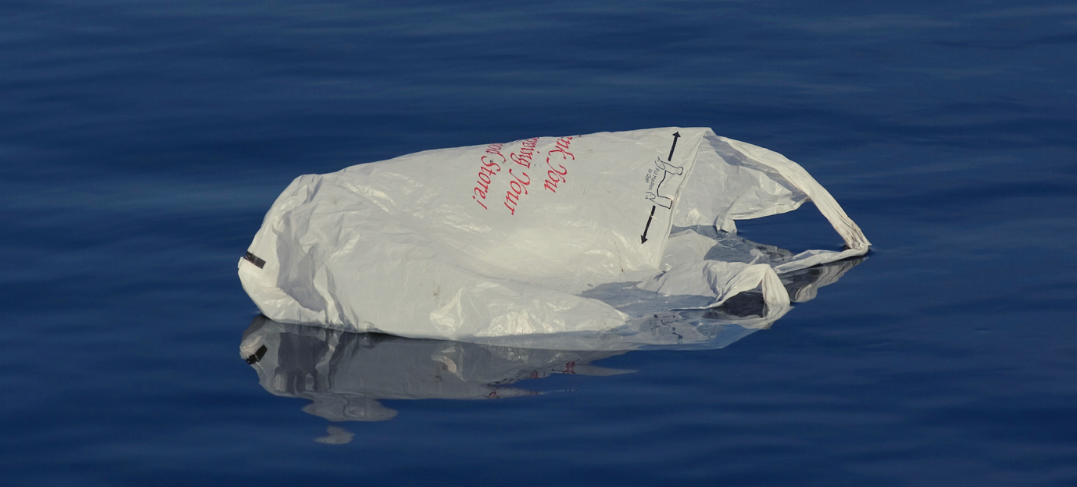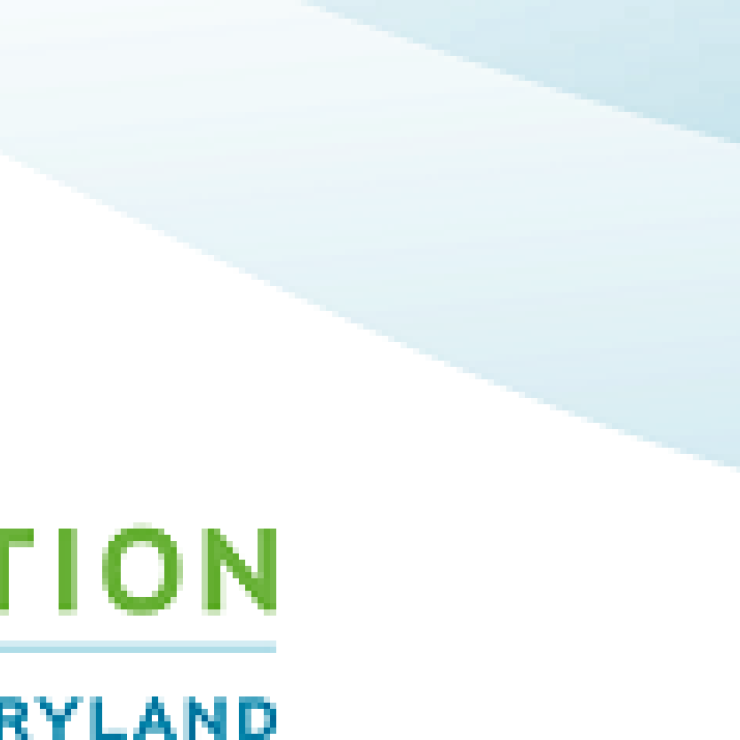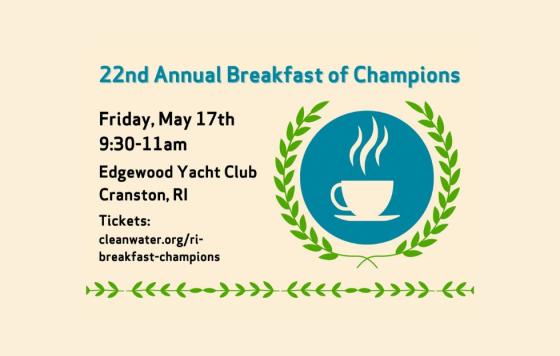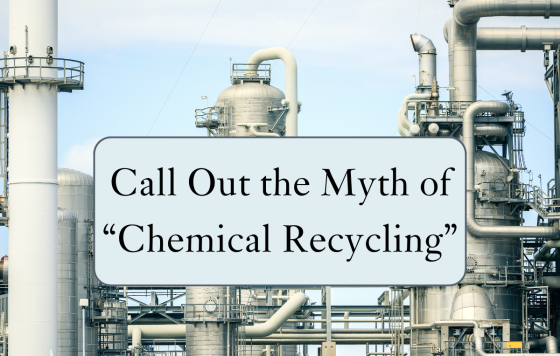
UPDATE: On April 15, the bill to suspend the disposable bag fee in Montgomery County was withdrawn! Read more in the County's press release here. When conducting necessary shopping, please remember to bring your clean reusable bag, bag your groceries yourself, and wash the reusable bag between each use.
Across the world, people are desparate to avoid exposure to coronavirus to protect themselves, their families, and their communities. Unfortunately, the plastics industry is working hard to take advantage of this fear to roll back the significant progress that those communities have made toward safer, healthier zero waste policies. In many of the states we work in, we're seeing the same push to stop or reverse plastic bag bans, and even to ban reusable bags - see this blog post from six Clean Water Action state directors for more.
Unfortunately, Maryland isn't immune to this unfounded push away from reusable bags. Montgomery County charges a 5-cent fee on non-reusable bags, to both encourage the use of reusable bags and raise money for the County's Water Quality Protection Charge fund. But two weeks ago, the County Council introduced an expedited bill to remove this fee until 15 days after Maryland's State of Emergency ends.
We're supportive of measures to protect public health, even if they have short-term environmental costs, but there's no evidence that shifting from reusable bags to plastic bags will protect public health - the opposite, in fact. Below is the testimony we submitted to the Montgomery County Council against this move away from zero waste.

April 10, 2020
Expedited Bill 17-20, Carryout Bag Tax Suspension
Dear President Katz and Members of the Montgomery County Council,
Clean Water Action is very concerned with the reasoning behind proposed legislation to suspend Montgomery County’s bag fee. The press release for this proposed legislation cites a theoretical public health risk by using reusable bags and assumes that plastic bags are safer in the face of the coronavirus pandemic. Unfortunately, we have seen this narrative pop up nationwide, while the scientific background promoting the health of single use plastics is lacking.
Across the country, the plastics industry is trying to capitalize on this crisis to promote their unsustainable product, and are taking advantage of our justified fears to reverse the trend of people reducing their reliance on single-use plastics. They are stoking fear by misrepresenting studies and claiming that their products will reduce the spread of this virus. From attacking reusable mugs to plastic bag bans and fees, they are engaged in a concerted effort to drive up demand of their product and increase the plastic footprint.
Despite their assertion that reusable bags pose a public health risk, recent studies do not back up this claim. A study in the New England Journal of Medicine found that COVID-19 can remain viable on plastic for up to three days, compared to 24 hours on cardboard. These studies have not evaluated the different materials used to make reusable bags.
While the plastic industry attempts to frame single-use plastics as the safe option for transporting food and beverages, we know that soap and hot water are very effective at killing coronavirus while the virus survives on plastic materials. Customers should be encouraged to wash their hands, groceries, and bags when they have finished grocery shopping and stores should be encouraged to let customers bag their own groceries. A switch back to single-use plastics does not stop COVID-19, but it does undermine efforts to reduce our reliance on a material that pollutes our world in every stage of its life: manufacture, disposal, and eventual breakdown in our oceans.
Towns and counties across the country have received letters from various voices from the plastics industry urging them to take similar action to what Montgomery County is considering. The claim that plastic bags are needed to slow the spread of COVID-19 is an unproven claim promoted by the plastic industry in order to drive up demand of their unsustainable product during a crisis.
We are opposed to suspending the plastic bag fee based on the rationale that plastic bags are safer than reusable bags.
Sincerely,
Emily Ranson
Maryland Director
Clean Water Action



